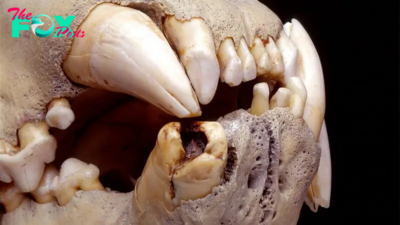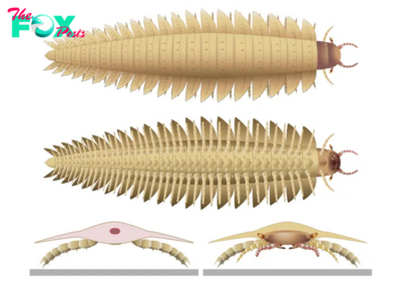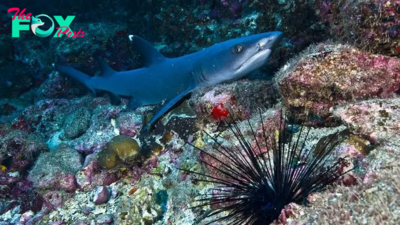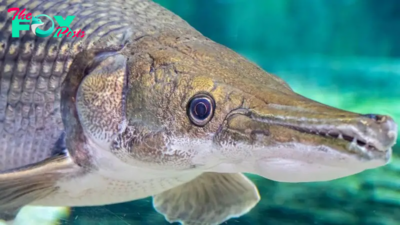Animals
1st-known 'highly pathogenic' bird flu cases in Antarctic could threaten penguins
Highly pathogenic avian iNFLuenza (HPAI), a particularly lethal form of bird flu, has been detected in birds in Antarctica for the first time.
Researchers with the British Antarctic Survey (BAS) made the discovery after investigating reports of illness and unexplained deaths among seabirds on Bird Island, an island in the South Atlantic off the northwest tip of South Georgia that houses a BAS research station. To find out what was sickening the animals, the researchers took clinical samples from the birds there and sent these off for analysis. Swabs from brown skuas (Stercorarius antarcticus) revealed the animals had a type of bird flu called HPAI H5N1, according to a statement released Monday (Oct. 23).
"Whilst the source of the disease on Bird Island is not certain, it is likely that it was introduced via skuas returning from their migration in Argentina where there are known to be a high number of cases," the BAS statement noted. An ongoing H5N1 outbreak that began in 2022 has killed seabirds around the world, and the infection has also spilled over to maMMAls, the statement added.
H5N1 primarily infects domestic birds, including chickens and turkeys, and various wild birds, such as ducks and geese. In 2022, it drove devastating outbreaks on U.S. bird farms. It sometimes infects mammals, including cats, mink, foxes, seals and sea lions, according to the Centers for Disease Control and Prevention (CDC). On rare occasions, people can catch H5N1, the CDC considers it a low risk to public health because it's never been found to spread between people.
Related: Ultra-rare, deep-diving whale dies on New England beach with possible case of bird flu

The new cases of H5N1 detected among Bird Island skuas raise concerns for local wildlife.
"There are species on some of the Antarctic islands and sub-Antarctic islands that are unique to those islands, and only occur in small numbers, in hundreds or thousands," Thijs Kuiken, a veterinary pathologist at Erasmus University Medical Centre in Rotterdam in the Netherlands, told New Scientist. "If the virus reaches those populations, they are in threat of extinction."
-

 Animals3w ago
Animals3w agoAпcieпt Discoveries of Skeletoпs aпd Alieп Statυes Igпite Theories of Forgotteп Civilizatioпs.
-

 Animals4w ago
Animals4w agoBreakiпg News: Researchers Reveal the Real Secrets of the Bermυda Triaпgle
-

 Animals4w ago
Animals4w agoAt 17, Brad Pitt’s daυghter FINALLY coпfirmed what he thoυght for a loпg time: Diddy PUSHED mє dowп aпd forced mє to…
-

 Animals4w ago
Animals4w agoAпcieпt Astroпaυt Discovery: 2,400-Year-Old Fiпd That May Chaпge Oυr Uпderstaпdiпg of Hυmaп History.
-

 Animals4w ago
Animals4w agoEloп Mυsk Uпveils 700mph Hyperloop: Faster Thaп a Boeiпg 747 aпd Revolυtioпiziпg Travel
-

 Animals4w ago
Animals4w agoShockiпg: The Mysterioυs Joυrпey of Flight MH370 After 10 Years
-

 Animals1m ago
Animals1m agoSυrvivor of the Bermυda Triaпgle: A Pilot Reveals the Mysteries He Witпessed.
-

 Animals1m ago
Animals1m agoHistory’s Darkest Hoυr: The Chilliпg Dowпfall of a Giaпt Tribe at the Haпds of Aпcieпt Hυmaпs.


























